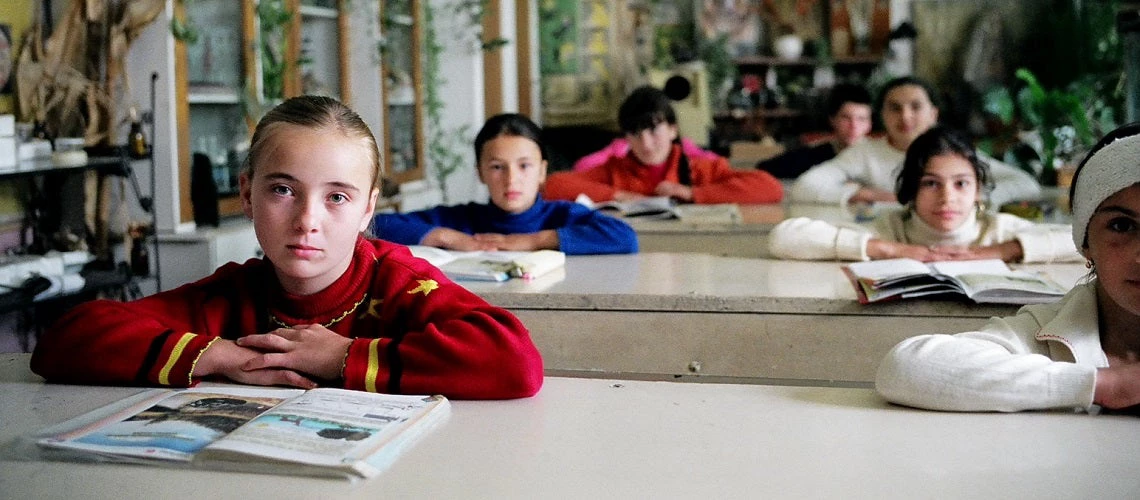 School children in Romania
School children in Romania
Growing disparities between urban and rural areas are creating a “tale of two Romanias”: one Romania is urban, dynamic, and increasingly globally connected; the other is rural, poor, and isolated. These inequalities are most evident in education: students in rural areas, where 70% of Romanians in poverty live, are more than five times more likely to leave school early than their city-dwelling peers, according to Eurostat.
COVID-19 exposed structural vulnerabilities in the education system and brought additional challenges. Between 2010 and 2020, the number of out-of-school children ages 6-14 doubled to 200,000.
With the help of the World Bank’s Reach/Assess/Prioritize/Increase/Develop (RAPID) education framework and support from the European Union, Romania is deploying strategies to reduce these gaps by focusing on disadvantaged students and accelerating learning from early childhood to tertiary education.
Highlights of the RAPID framework implementation in Romania include:
REACH: Children tend to drop out of education in times of crisis and in areas with high poverty rates. To reverse this trend, Romania’s Ministry of Education (MoE) is targeting specific policies at 3,350 schools, which have high rates of substitute teachers, student dropout rates, and poor student learning. With funding from the EU via the Technical Support Instrument, as well as with the support and the partnership of the European Commission's Directorate General for Structural Reform Support (DG REFORM), an early warning system that relies on an easy-to-use digital training module has been successfully developed and piloted to identify, support, and track progress for all students at risk of dropping out of school. The MoE has now adopted the Early Warning Mechanism (EWM) at the national level, with the National Recovery and Resilience Plan (NRRP) financing its nationwide scale-up over the next four years, with World Bank technical support.
ASSESS: Since the pandemic, Romania has participated in international student assessments, such as Trends in International Mathematics and Science Study (TIMSS) and Programme for International Student Assessment (PISA), as well as a national large-scale computer-based standardized assessment. Some of these assessments can immediately generate reports at individual and school levels, thus providing targeted recommendations for learning recovery. A new "learning loss assessment" will be implemented nationwide in 2023 with World Bank financing to assess COVID-induced learning losses in mathematics, and reading, reveal the impacts of school closure, and produce a diagnosis to inform learning recovery plans.
PRIORITIZE: In October 2020, the MoE adopted "Benchmarks for the curriculum design, revision, and evaluation," a policy document prepared under the EU-funded “Relevant Curriculum, Open Education for all” (CRED project). CRED involves training 55,000 teachers to ensure they have key competencies in line with the new curriculum, which was streamlined and simplified in 2021 to prioritize fundamental math, language, and sciences, and they can adapt learning activities to the needs of each child. Under the EWM pilot, the World Bank delivered training for lower secondary teachers to prioritize mathematics and Romanian-language teaching curricula for grades 5-8. The program is used for catch-up learning.
INCREASE: Improving the efficiency of instruction has been a priority for the MoE. Throughout the pandemic, the World Bank helped provide digital devices to over 59,000 students in need to give them access to quality learning – reaching around 75% of public schools. This project also delivered tutoring to 107,000 high-school students for catch-up learning.
One hundred teachers became certified experts in the use of new classroom observation tools, with support from the World Bank, which is helping the government pilot a new classroom observation strategy involving 600 teachers to improve classroom practices. Since 2020, the Bank has also developed TEACH-RO, a 40-hour training program for primary and preschool levels tailored to the Romanian context, which will be scaled up to the secondary level in the coming years and will include a COACH module to further improve educator effectiveness. An Impact Evaluation of over 1,000 teachers will inform the intervention and the implementation of a national teacher professional development program.
DEVELOP: Building psychosocial health and well-being of both teachers and students was a key priority of the MoE during COVID. With World Bank support and financing, the government mentored more than 15,000 high-school teachers to improve assessments and small group tutoring. Mentors identified activities to develop a positive attitude, encourage self-reflection, and build adaptive learning strategies to cope with the periods of social distancing during the pandemic. Efforts were also made to create inter-school support groups and a community of practice within high schools.
During the pandemic, the World Bank supported the Romanian government through a full array of instruments, to support the country’s sustainable recovery and help reverse the learning losses.
At present, the World Bank is helping the Government of Romania to accelerate learning throughout the country, especially for vulnerable groups. Through our long-standing partnership, we are working to strengthen the MoE’s capacity to implement the reforms planned under the NRRP in critical areas like digital transition, reducing early school leaving, and improving governance. Together, we aim to close the learning divide between the ‘two Romanias’ and ensure a brighter future for all the country’s students through smart, targeted investments in education.


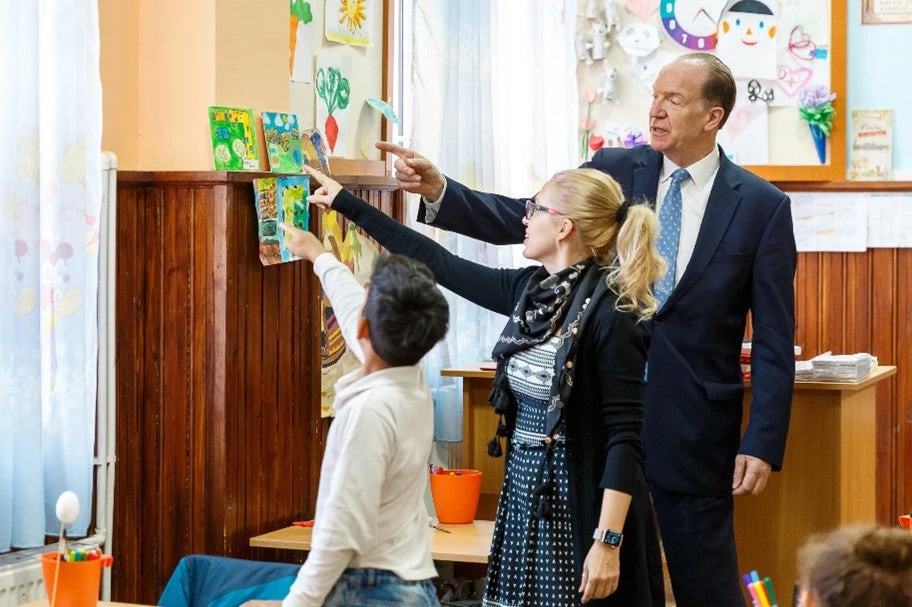
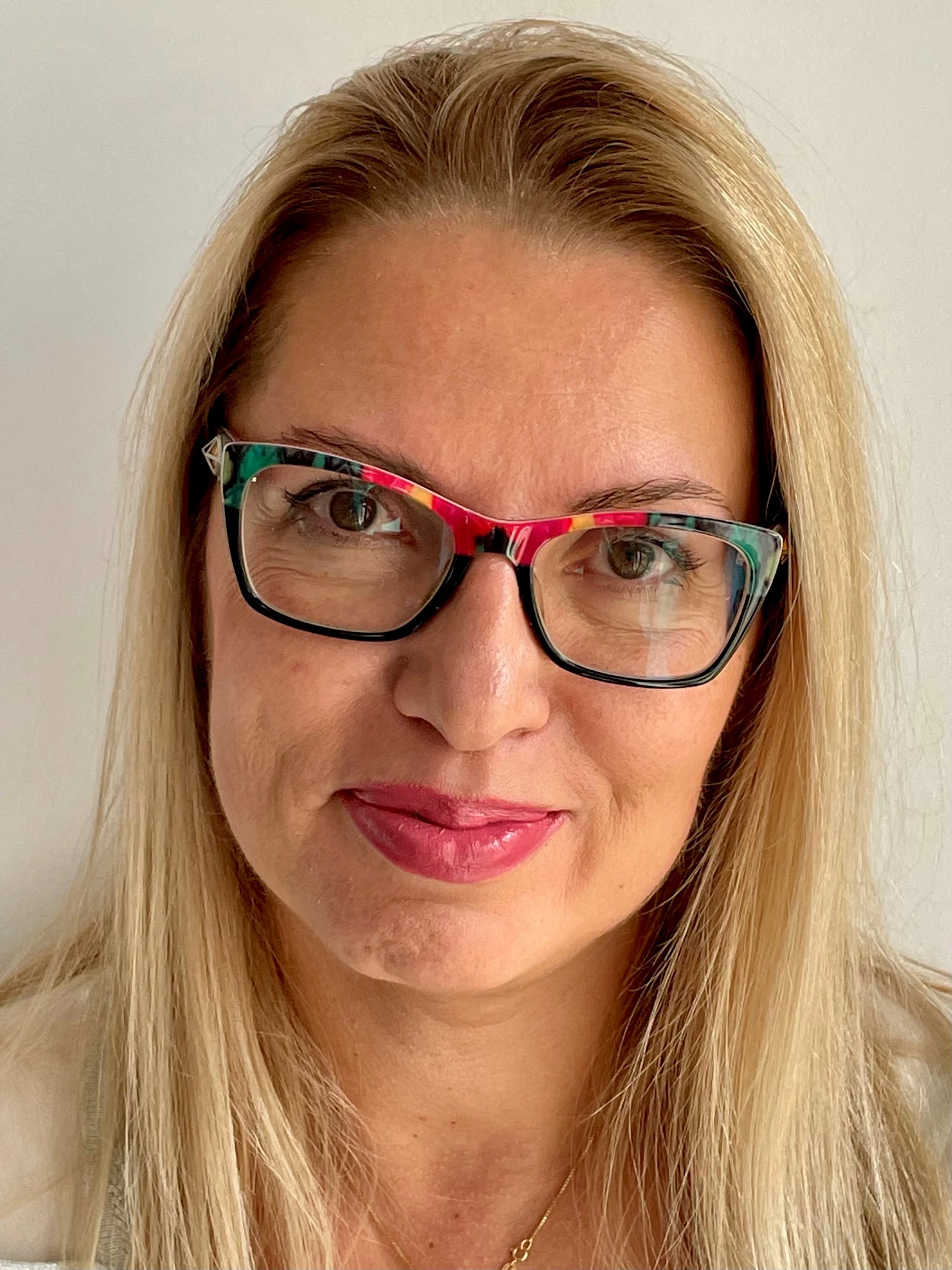
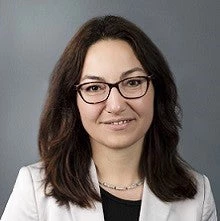
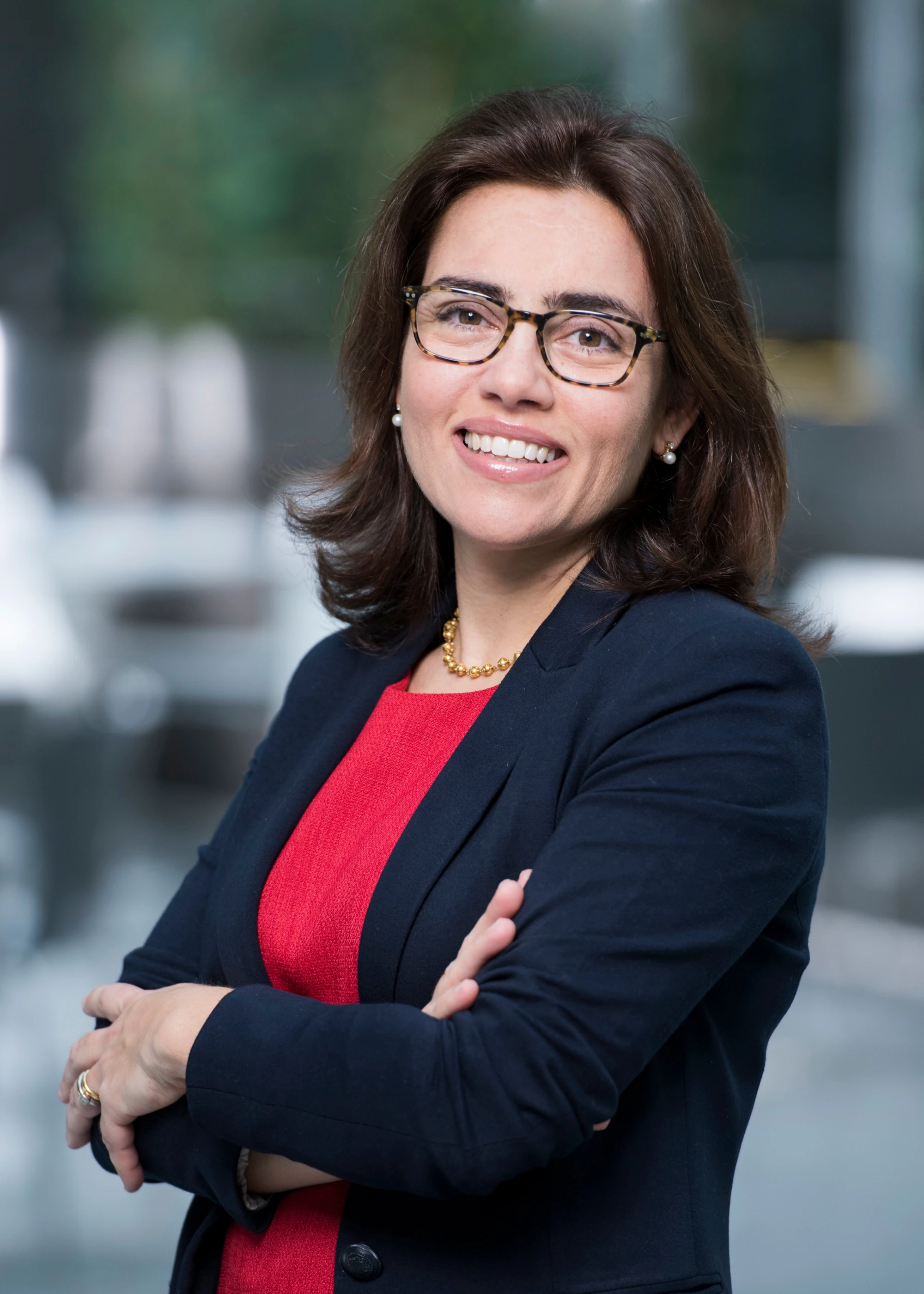
Join the Conversation